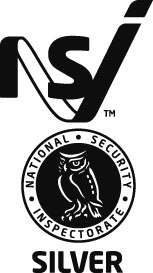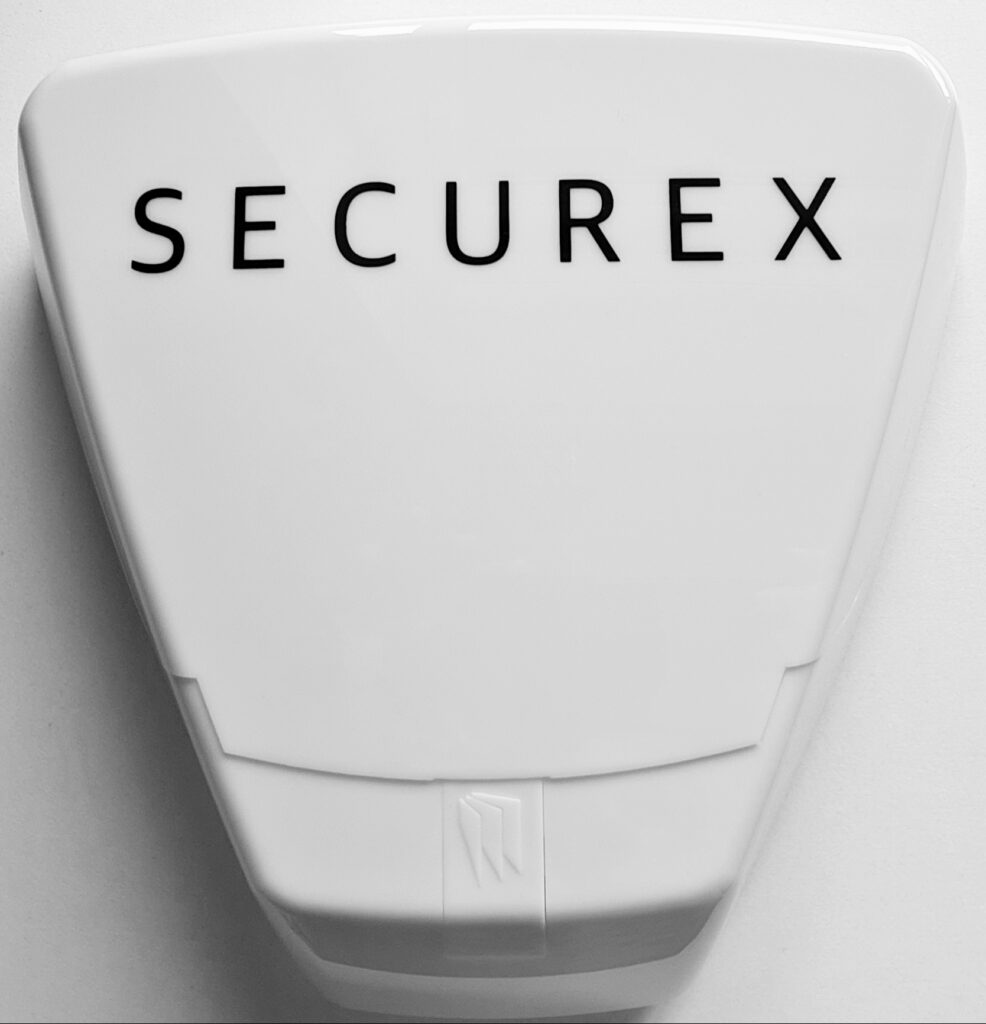Insurance Approved Alarm
Insurance-Approved Alarm Systems: Key Requirements & Benefits
To ensure your property is protected and eligible for insurance discounts, it’s crucial to have an insurance-approved alarm system. This requires installation and maintenance by NSI or SSAIB-approved companies, ensuring your system meets industry standards and offers the best protection. Here’s a detailed guide to help you understand the key requirements for insurance-approved alarm systems:
Key Requirements for Insurance-Approved Alarms
- Installation and Maintenance by Approved Companies Your alarm system should be installed and regularly maintained by companies accredited by the National Security Inspectorate (NSI) or the Security Systems and Alarm Inspection Board (SSAIB). These accredited companies are experts in designing, installing, and maintaining alarm systems that meet professional, police, and insurer-recognized standards. Upon installation, these companies will issue you with a Certificate of Compliance and, if necessary, apply for alarm monitoring, police, or keyholding responses on your behalf.
Compliance with British Standards For your alarm system to be insurance-approved, it must comply with specific British Standards, such as:
- BS 8243/PD 6662 (for installation)BS 5979 (for alarm monitoring)
Monitored Systems Many insurance providers prefer or require fully monitored alarm systems rather than audible-only alarms. A monitored system means that an Alarm Receiving Centre (ARC) is immediately notified when the alarm is triggered. The ARC can then alert the police and keyholders without delay, ensuring a quicker response to incidents.
Regular Servicing To keep your alarm system functioning properly and in compliance with the necessary standards, regular servicing is required. This should be carried out by an NSI-accredited or equivalent provider to maintain your alarm system’s optimal performance.
Check with Your Insurer Before installation, always check with your insurance provider for any specific requirements they may have for alarm systems. They may have preferences for:
- The grade of systemThe type of installationThe need for a Certificate of Compliance

Benefits of Insurance-Approved Alarms

Deterrent Effect: A visible, professionally installed alarm system is a strong deterrent to potential burglars, reducing the likelihood of a break-in.
Potential Insurance Discounts: If your alarm system meets your insurer’s standards, you may be entitled to a discount on your premiums. Insurers often offer lower rates to properties with monitored, professionally installed security systems.
Peace of Mind: Knowing that your property is secured by a system that’s regularly maintained and monitored provides invaluable peace of mind. You can rest assured that your alarm system will perform when it’s needed most.
Ensure Your Alarm System Meets Insurance Requirements
For more information about insurance-approved alarm systems or to install a system that meets all necessary standards, contact [Your Company Name] today. We’re NSI-accredited and ready to help you protect your property while ensuring you’re covered by your insurance provider.
This content is structured to educate and guide your customers on the importance of choosing insurance-approved systems and following the proper installation and maintenance procedures. Let me know if you’d like to make any adjustments or additions!
Sorry, the comment form is closed at this time.
